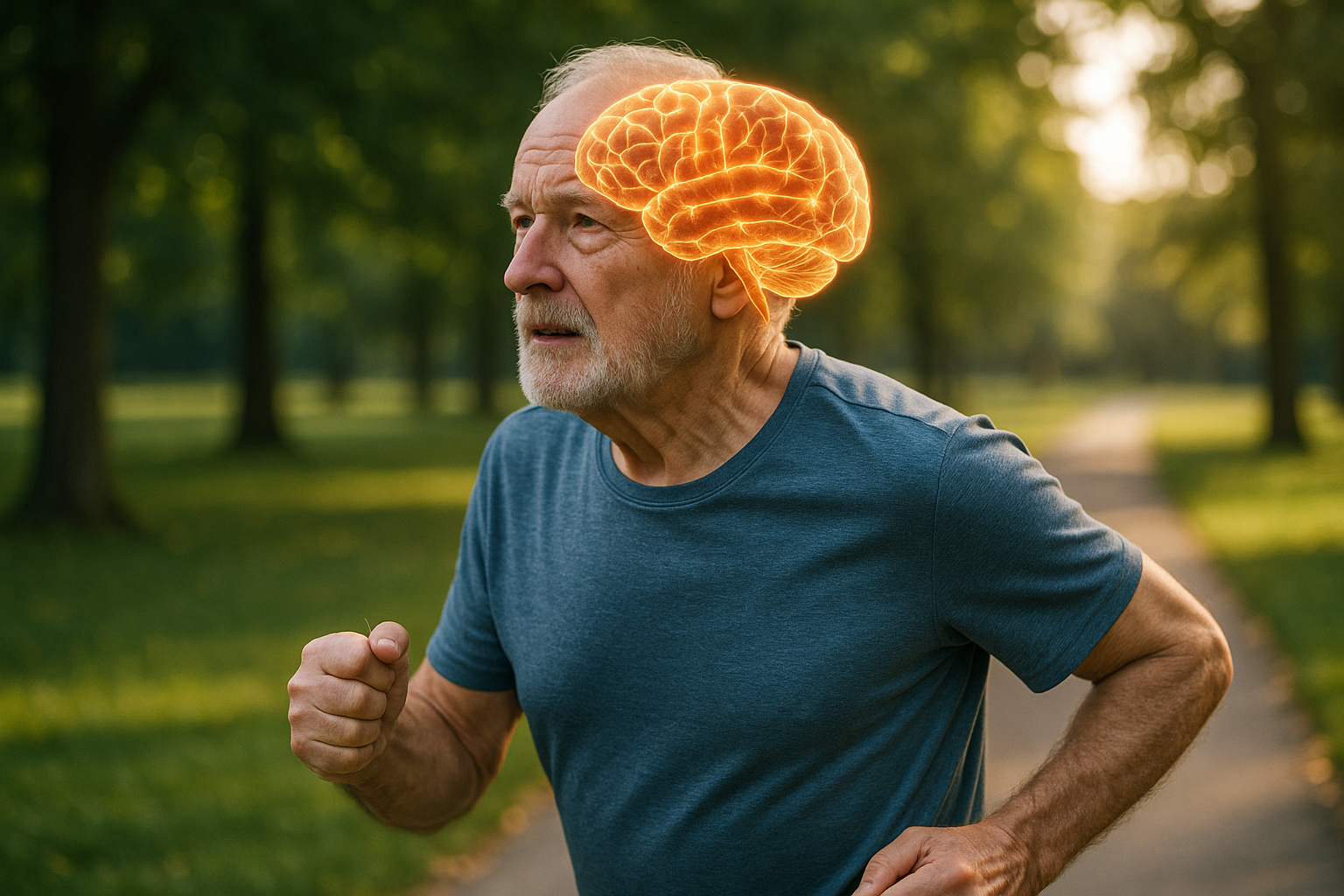Understanding Memory Loss: When to Seek Help and How to Support Brain Health
Memory loss can be a complex and sensitive topic that affects millions of people worldwide. While occasional forgetfulness is a normal part of aging, some memory changes may indicate more serious underlying conditions. This article explores the differences between common memory lapses and concerning cognitive changes, providing insights into brain health and when to seek professional evaluation.

Common vs. Concerning Memory Issues: What’s Normal?
Everyone experiences momentary memory lapses, like forgetting where you placed keys or struggling to recall a name. These occasional memory glitches are typically harmless and part of normal cognitive functioning. However, persistent or progressive memory problems may signal more significant health concerns. Signs that memory issues might require medical attention include:
-
Frequently forgetting recently learned information
-
Difficulty completing familiar tasks
-
Repeating the same questions multiple times
-
Significant changes in problem-solving abilities
-
Getting lost in familiar environments
Conditions That Can Affect Memory
Multiple health conditions can impact cognitive function and memory. Some primary conditions include:
-
Alzheimer’s disease
-
Vascular dementia
-
Mild cognitive impairment
-
Depression
-
Thyroid disorders
-
Vitamin deficiencies
-
Neurological disorders
-
Medication side effects
Each condition presents unique challenges and requires specialized medical assessment and treatment approaches.
Signs It’s Time for a Cognitive Evaluation
Recognizing when to seek professional help is crucial for early intervention. Consider scheduling a cognitive evaluation if you or a loved one experiences:
-
Memory loss disrupting daily life
-
Challenges in planning or problem-solving
-
Difficulty completing familiar tasks
-
Confusion with time or place
-
Significant mood or personality changes
-
Withdrawal from social activities
-
Noticeable decline in judgment or decision-making skills
Lifestyle Factors That Support Brain Health
Proactive lifestyle choices can significantly impact cognitive function and potentially slow memory decline:
-
Regular physical exercise
-
Balanced, nutrient-rich diet
-
Mental stimulation through puzzles and learning
-
Quality sleep
-
Stress management techniques
-
Social engagement
-
Limiting alcohol consumption
-
Maintaining cardiovascular health
Early Detection and Support Options
Early detection of memory-related issues allows for more effective management and potential treatment. Support options include:
-
Comprehensive neurological assessments
-
Cognitive screening tests
-
Medication management
-
Cognitive rehabilitation programs
-
Support groups
-
Lifestyle modification counseling
-
Caregiver support resources
Treatment and Management Approaches
| Treatment Type | Description | Potential Benefits |
|---|---|---|
| Medication | Cholinesterase inhibitors | Slow cognitive decline |
| Therapy | Cognitive behavioral interventions | Improve daily functioning |
| Lifestyle Modifications | Diet, exercise, mental stimulation | Support overall brain health |
| Alternative Therapies | Meditation, art therapy | Reduce stress, improve mood |
Prices, rates, or cost estimates mentioned in this article are based on the latest available information but may change over time. Independent research is advised before making financial decisions.
Conclusion
Understanding memory changes requires a holistic approach combining medical expertise, lifestyle awareness, and proactive health management. While memory loss can be challenging, early detection, professional support, and healthy lifestyle choices can make a significant difference in maintaining cognitive wellness.
Medical Disclaimer: This article is for informational purposes only and should not be considered medical advice. Please consult a qualified healthcare professional for personalized guidance and treatment.




